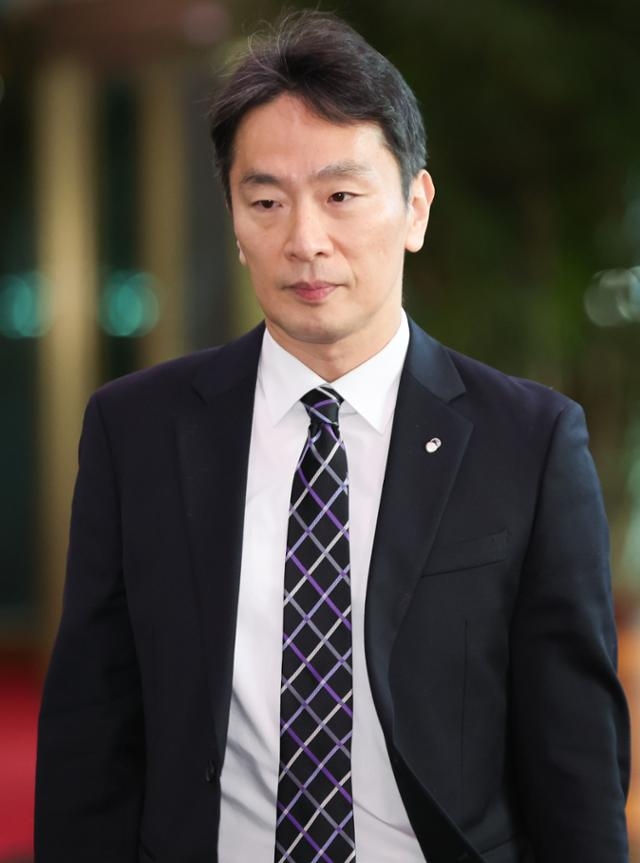The currency’s defense position is at risk due to the current emergency situation, marking the first time the “exchange rate rate” has been challenged since the recent currency and financial crisis.

Rumors of a financial market crisis are spreading, driven by the extended consequences of the emergency martial law and the ongoing indictment process.
Specifically, the short-term resistance of the exchange rate for the dollar has increased, rising from 1,400 won to 1,450 won, creating a “fear of the exchange rate” in the market. This situation has only been seen during the financial crises of 1997-1998 and 2008-2009.
On the 13th, the dollar’s exchange rate in the Seoul market started at 1,432 won, up slightly by 0.1 won from the previous trading day. Throughout this week, the Won-Dollar exchange rate fluctuated around 1,430 won, with expectations that it could hit 1,450 won and potentially even 1,500 won. The last time the exchange rate neared the 1,500 won mark was on March 10, 2009, during the height of the global financial crisis.
Nomura Securities has predicted a relative weakening of the GOR in the second quarter of next year and recommends purchasing dollars with a target exchange rate of 1,500 won by the end of May next year.
Several financial officials remarked that it is becoming increasingly evident that the Won-Dollar exchange rate will likely respect the 1,400 won range, although they initially considered a ceiling of 1,450 won. They now believe it could surpass this due to ongoing political uncertainty.
Experts warn that prolonged high exchange rates stemming from political instability could inflict severe damage on the Korean economy.

If the exchange authorities intervene in the market due to mounting pressure on the exchange rate, there could be substantial drops in exchange reserves.
According to the Bank of Korea, as of the 13th, Korea’s exchange reserves amounted to $415.39 billion at the end of the previous month.
Since the onset of the Yoon Suk Yeol administration in May 2022, exchange reserves have decreased by over $30 billion. As of the end of October, Korea held the 9th largest exchange reserves in the world after countries such as China, Japan, and Switzerland.
Should the exchange rate exceed 1450 won and approach 1,500 won, it is anticipated that reserves could drop below $400 billion as financial authorities intervene in the market.
The Bank of Korea intends to implement an emergency response plan through foreign exchange transactions with the National Pension Service, although it remains uncertain whether this strategy will effectively stabilize the exchange rate.

Additionally, ahead of the inauguration of the newly elected American official Donald Trump on January 20, the U.S. is expected to redesign South Korea’s status as a “currency surveillance subject” and remain on high alert. There are concerns that South Korea may be labeled as a “currency manipulator,” which is a more severe classification.
Should South Korea be designated as a currency manipulator, it would directly impact exports due to corrections in trade surplus, according to market analysts. They cautioned that failure to improve the situation in a year could lead to sanctions such as restrictions on investment by American companies, limits on public procurement contracts, and heightened IMF monitoring.
In the meantime, Lee Bok-Hyun, head of the financial supervision service and a close aide to President Yoon Suk Yeol, recently gained attention by stating that an indictment is necessary to alleviate economic and financial uncertainty.

Lee stated in an interview that “stabilizing the financial market is crucial at this time.” He emphasized the goal of managing excessive volatility and minimizing the impact of sharp increases or decreases in the dollar’s exchange rate.
He remarked, “At this stage, it’s essential to eliminate uncertainty,” suggesting that the analysis should prioritize external factors in finance, which differ from the support or opposition to the current government’s actions regarding dismissal.

